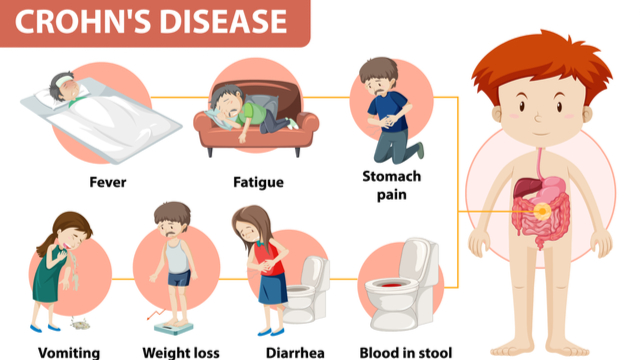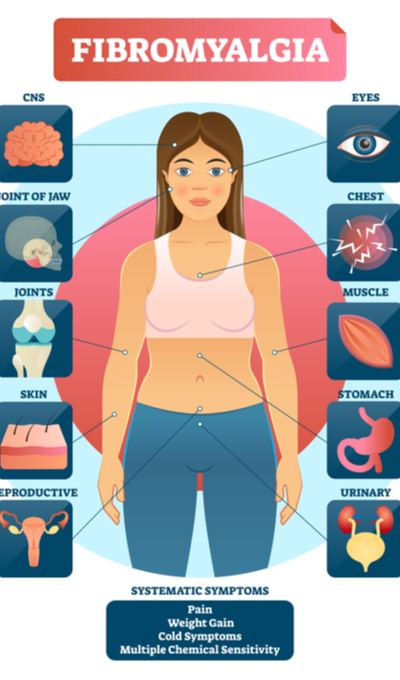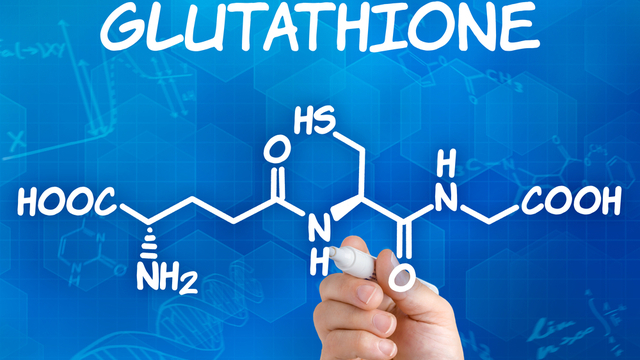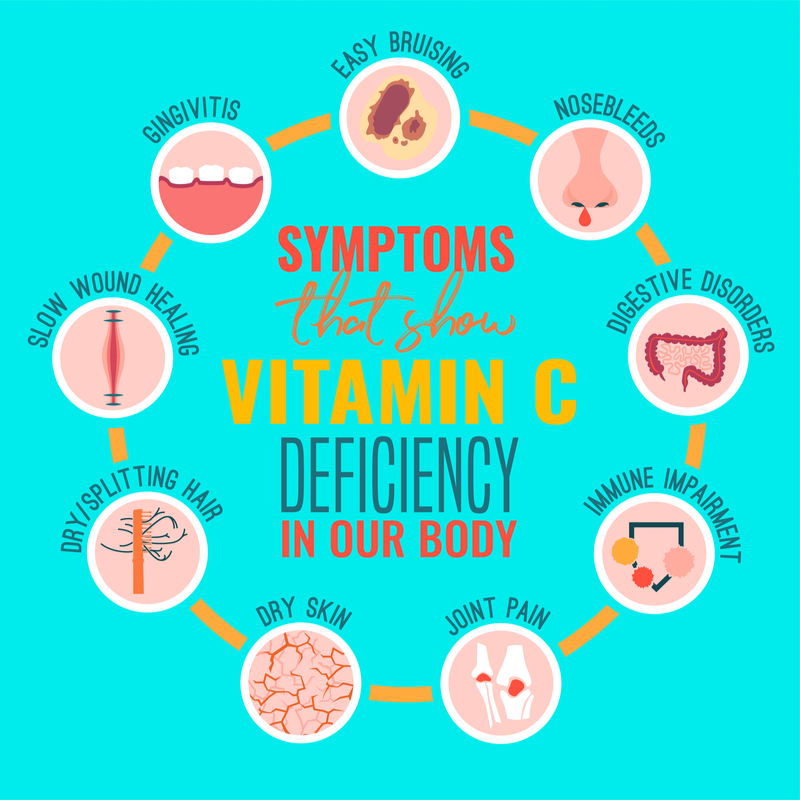Gut
Improve Your GI Health with IV Vitamin Therapy
Gut health is a critical part of whole body health. As we know, the state of our gut and our body’s microbiome is imperative for overall wellness amongst many systems in the body. It’s fair to say that a healthy gut is a driving factor for a healthy you. Your gut isn’t just your stomach, it’s actually a catch all term referring to your gastrointestinal tract as a whole.
Your gastrointestinal system actually begins in the mouth, and includes your esophagus, stomach, and intestines. All food is ultimately broken down in the gut, making it very important to take care of and ensure it is operating a peak efficiency. In addition, your gut is a driving factor for immune health, metabolic health, mental health and hormones.
Why should you care?
As we continue to learn and as research continues, we are just beginning to understand just how complex gut health and the gut microbiome is, and its relation to systemic health. When we think about gut health we can start with the basics.
All food that we eat is broken down in the gut into molecules that our stomach can absorb, allowing them to enter into the blood stream and be delivered as nutrients throughout or bodies and to cells. In order for this process to work smoothly, a healthy digestive system is necessary.
A healthy gut is one that contains an appropriate proportion of “good” bacteria, immune cells that can protect against infectious agents, one whose protective barrier is preserved so that the tight junctions in the mucosal gut wall can effectively and selectively control what passes through its layers – keeping pathogens and toxins out, while allowing nutrients in.
When healthy, this also allows proper communication with the brain through nerves and hormones which helps support our mood, general health and overall well-being.
What are some signs and symptoms of gut health issues?
Gastrointestinal disorders can wreak havoc on one’s quality of life, especially during flare-ups for disorders such as Crohn’s disease and Ulcerative Colitis.
An unhealthy gut may cause local symptoms such as:
- Diarrhea
- Constipation
- Abdominal pain
- Bloating
- Indigestion
- Nausea
- Vomiting
- Acid reflux
other systemic symptoms include:
- Headaches/ migraines
- Joint pain
- Skin conditions
- Brain fog
- and Mood disorders
Long term consequences of poor health can include the inability to digest your food properly, food sensitivities, problems sleeping, regulating your mood, altered energy levels, and issues regulating hunger and satiety.
Poor gut health has also been found to be implicated in autoimmune, cardiovascular, and neurodegenerative diseases.
You can see why taking care of this is so important.
How does IV therapy help?
IV therapy offers a way to improve your gut health by bypassing oral supplementation. The absorption of vitamins, minerals, and nutrients can be impacted when we suffer from digestive disorders.
When trying to supplement by mouth, we are depending on our digestive system to properly absorb it so that it can enter the blood stream and target cells at an appropriate dose to have an effect.
As you can imagine, there are a lot of possible limitations with oral supplementation when things are not working optimally.
In addition, certain nutrients have a maximum dose at which they can be absorbed by the digestive tract when supplemented orally (for example Vitamin C). IV Vitamin therapy bypasses the GI tract altogether, and therefore the challenges that may come with intestinal absorption.
IV Vitamin therapy delivers optimal and carefully selected therapeutic doses of nutrients directly to the bloodstream, and therefore acting as a direct highway to deliver these nutrients where we need them; our cells.
In addition, there are specific vitamins and minerals that can be added to your IV Vitamin bag to enhance nutrient absorption, provide high doses of anti-inflammatory nutrients notably for inflammatory bowel conditions, nutrient specific for gut healing and repair, and nutrients to help reduce pain and cramping.
Specific IV Nutrients for Gut health
Some key nutrients for digestive health that may be included in your IV bag are:
Glutamine – Glutamine strengthens the barrier that is present in our intestinal tract, and reduces inflammation, both of which helps to prevent leaky gut. It improves the immune function of our GI system which is important for overall health. Glutamine is beneficial for food sensitivities (by addressing inflammation) and is a key ingredient for chronic GI conditions, including IBS, Crohn’s, and ulcerative colitis.
Taurine : Taurine plays a large role in digestion and metabolism. It supports the liver in producing bile salts which break down fatty acids, primarily cholesterol, in the intestine. It improves the digestion and absorption of fats.
Selenium : Selenium can help improve digestion and reduce malabsorption in the GI tract. It strengthens the gut’s response to inflammation, preventing damage to the gut lining. Deficiencies in selenium are correlated to higher oxidative damage in the GI tract, which can lead to different various GI disorders.
Zinc: Zinc is a critical mineral for a healthy gut. It has shown to be beneficial in treating conditions such as diarrhea and leaky gut. It helps to stabilize the gut lining and promote repair of gut tissue.
Bicarbonate : Bicarbonate helps to neutralize acidic environments in our GI tract, which has a protective effect on our gut lining. It is also a key anti-inflammatory nutrient used in your IV treatment.
Amino Acids : Amino acids are fuel for the lining of the small intestine and are the building blocks of our intestinal proteins. There is research to support several amino acids for gut-related diseases, as they support gut lining integrity and overall function.
While some clients will do an IV Drip as a stand alone treatment, we usually recommend IV Drip Therapy as part of a treatment plan that also includes making the most out of your preferred diet, supplements, and lifestyle choices.
If you’re interested in finding out how our Naturopathic Doctors can help you, click here for a free consultation.
References:
https://pubmed.ncbi.nlm.nih.gov/32302292/
https://pubmed.ncbi.nlm.nih.gov/26848182/
https://pubmed.ncbi.nlm.nih.gov/29494512/
https://pubmed.ncbi.nlm.nih.gov/11840007/
https://pubmed.ncbi.nlm.nih.gov/18670730










